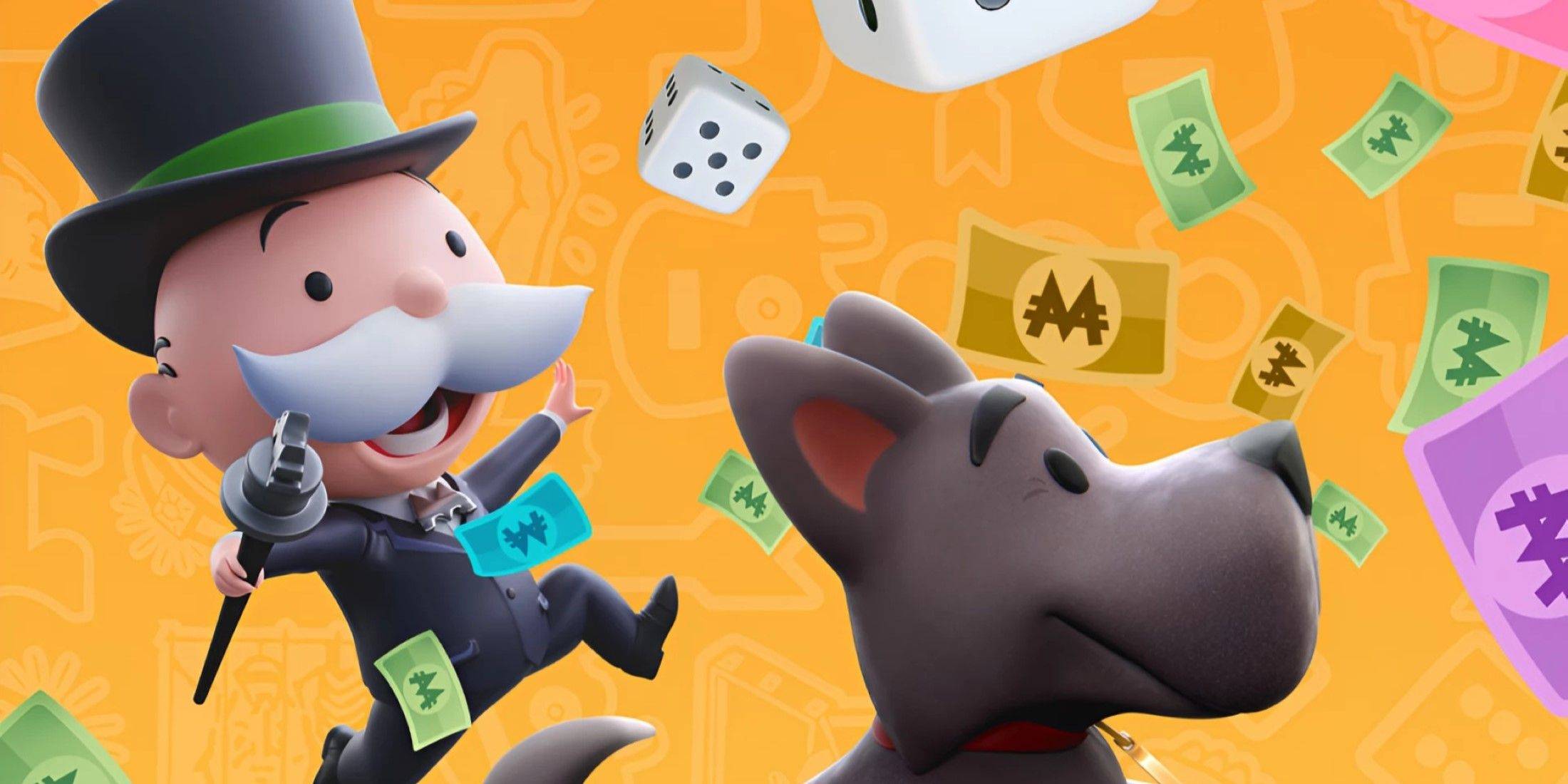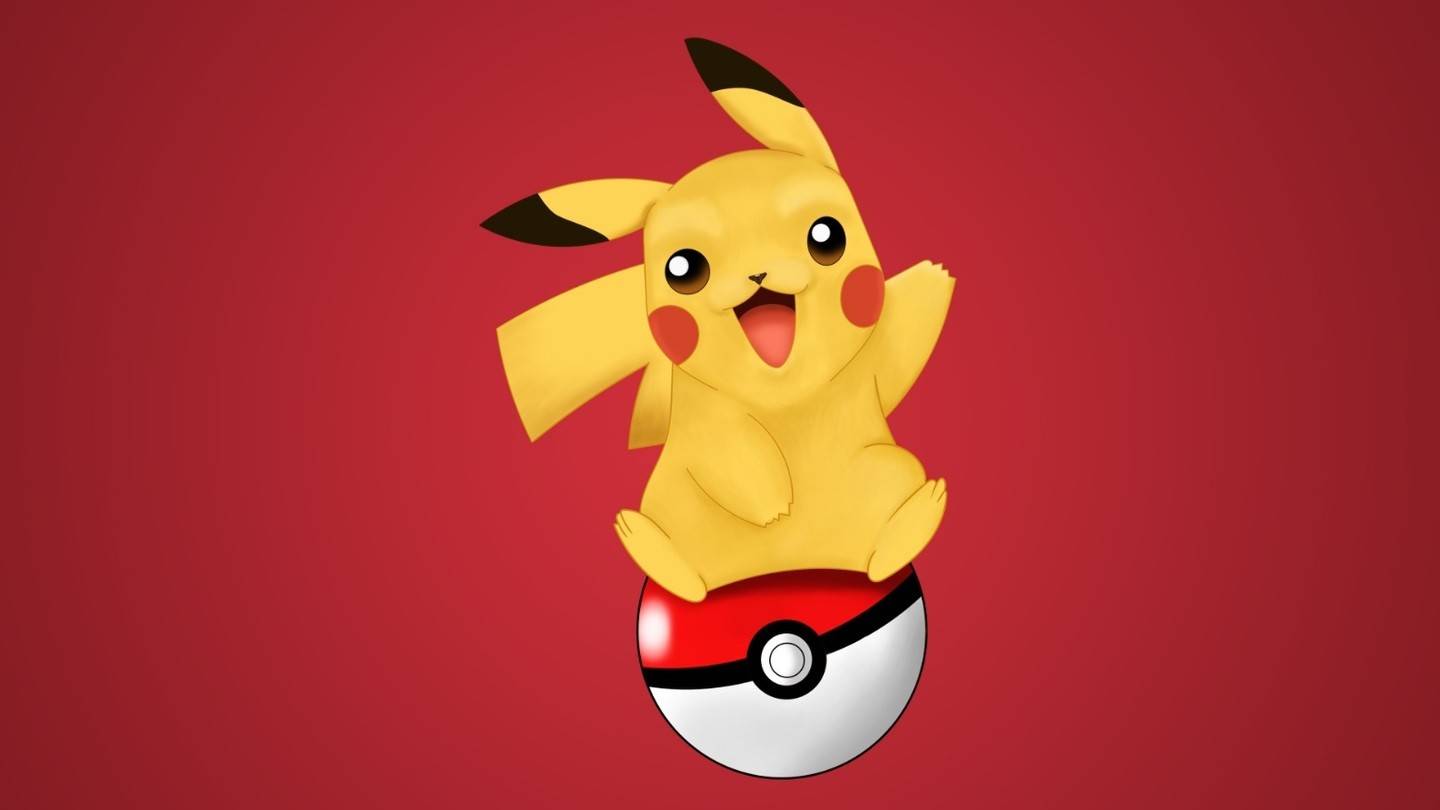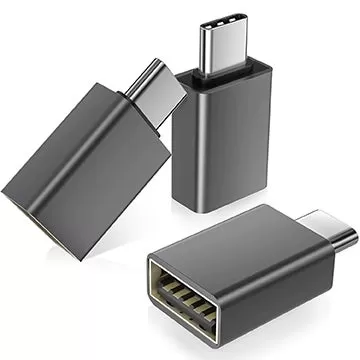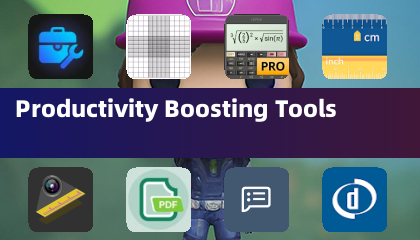
Monopoly GO's Microtransactions: A $25,000 Cautionary Tale
A recent incident highlights the significant financial risks associated with in-app purchases in mobile games. A 17-year-old reportedly spent a staggering $25,000 on Monopoly GO microtransactions, underscoring the potential for uncontrolled spending within freemium game models.
This isn't an isolated case. While Monopoly GO is free to download, its reward system heavily incentivizes in-app purchases to accelerate gameplay. Many players have confessed to significant spending, with one user reporting a $1,000 expenditure before uninstalling the app. The $25,000 incident, detailed in a since-deleted Reddit post, far surpasses previous reports, raising serious concerns about the game's monetization strategy.
The Reddit post, seeking advice on obtaining a refund, unfortunately reveals a common obstacle: many freemium games' terms of service hold users responsible for all purchases, regardless of intent. This practice, while not unique to Monopoly GO, mirrors the revenue model of other successful titles like Pokemon TCG Pocket, which generated $208 million in its first month through microtransactions.
The Controversy Surrounding In-Game Spending
The Monopoly GO incident adds to the ongoing debate surrounding in-game microtransactions. The practice has faced criticism before, with lawsuits against companies like Take-Two Interactive (for NBA 2K) highlighting the contentious nature of these revenue models. While legal action in this specific case is unlikely, it underscores the frustration and financial hardship experienced by players.
The profitability of microtransactions is undeniable; Diablo 4 generated over $150 million in revenue through this method. The industry's reliance on these small, incremental purchases is driven by their effectiveness in generating revenue compared to larger, one-time purchases. However, this same characteristic contributes to the criticism: the ease with which players can accumulate significant spending without realizing it.
The Reddit user's predicament serves as a stark warning. Securing a refund is unlikely, emphasizing the need for caution and parental oversight when playing games with in-app purchase options. The incident underscores the potential for significant, and potentially devastating, financial consequences stemming from seemingly innocuous in-game spending.


 LATEST ARTICLES
LATEST ARTICLES 











